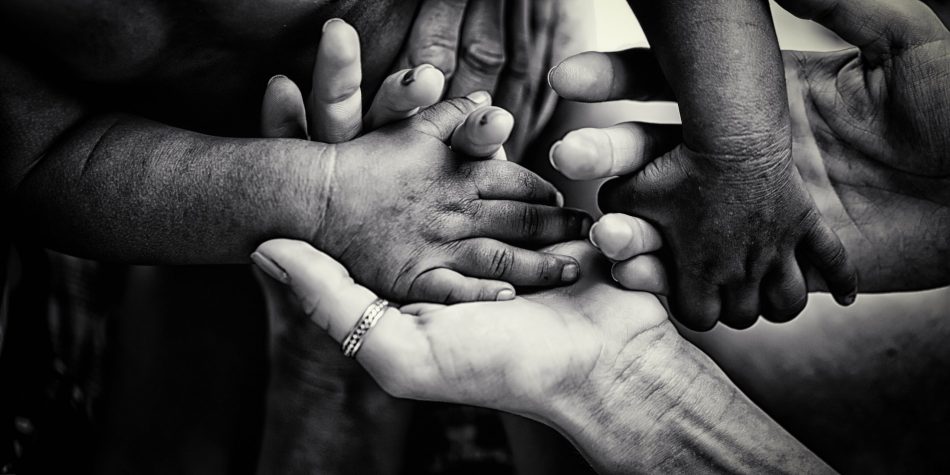The African equivalent to Rene Descartes’s famous dictum, “I think, therefore I am,” which is the foundation of much modern Western culture, is called ubuntu and goes something like this: “We are, therefore I am.” Or: “I exist to the extent that others acknowledge and respect me.”
This philosophy can be found throughout the African continent. Traditional African culture – with its emphasis on rites of passage, different generations living together and respect for one’s ancestors – is based on the principle that you cannot be human alone. You need other people to be fully alive.
By the grace of the community
Nearly all African languages have a word that defines the individual person (umuntu) and a word that places a person in his social context (ubuntu). The concept of ubuntu rests on the idea that people exist by the grace of the community to which they belong and that they are important to the degree to which they take responsibility for the other members of that community. Your identity is not shaped so much by an inner quest, but by entering into a purposeful relationship with your community.
The prevalent modern idea that “the ends justify the means” would never apply in ubuntu. Lenin once declared, “it is not wrong to cheat, lie, break promises or even destroy human life if it is ‘for a good cause’.” By contrast, ubuntu resolutely states, “he who kills, kills all of humanity. He who saves a life, saves all of humanity.” This philosophy assumes that every person is capable of evolving to a higher plane, and that the essence of humanity is the talent to live in peace with your fellow human beings.
Practical compassion
Compassion is key. And Africans are known for their ukwenana, which means that you give or share something without expecting anything in return. Along the same lines is ukusisa, a type of investment in which wealthy people sacrifice something for those less fortunate.
A family can give up a cow or a goat, which would give a poor member of the community the opportunity to achieve economic self-sufficiency. Ukusisa doesn’t embarrass the recipient but makes him more a part of the community. Instead of saying ngiyabonga, or thank you, the recipient says ume njalo, which means: “may you stand forever”.
Ubuntu is not only a philosophy, but also practical guidelines for everyday use. It can be as simple as knowing how to greet someone. In Zimbabwe’s Shona language a morning conversation would go something like this:
“Mangwani. Marara sei?” (“Good morning. Did you sleep well?”)
“Ndarara, kana mararawo.” (“I slept well if you slept well.”)
A different idea of wealth
As far as money goes, Africans believe that the only relevant form of wealth are assets that are visible and help the community. So a well-padded bank account says nothing and is therefore worth nothing. “Work” is also approached differently compared to most western societies.
In South Africa there’s a word for “work”, that is umsebenzi, which literally means “helpfulness”. Ubuntu teaches us the art of being human. And you don’t have to be African to put this into practice.
(Editor’s note: this article has been updated with new links, and new images, but it is a bit of timeless wisdom that’s worth being reminded of. It was originally published in August 2014)












